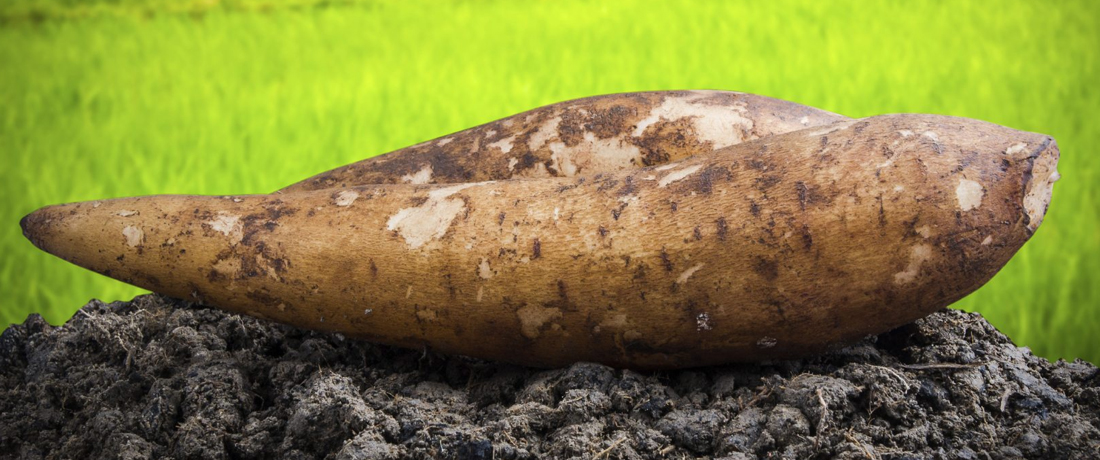
 Important note about plant availability. Important note about plant availability.There are hundreds of factsheets on our website provided for your information. Not all plants will be available at all times throughout the year. To confirm availability please call (03) 8850 3030 and ask for the nursery. |
Cultivated for centuries in the Andean mountains this root vegetable is relatively new to Australia. Yacón produce two types of roots, the rhizomes which develop just under the soil surface and produce the aerial shoots and the large edible storage tubers which are attached to the rhizomes.
The plants are a vigorous herbaceous perennial up to 2m tall, with large triangular leaves which die back over winter. Tough: tolerating heat, drought and poor soils. The plants need 220 frost free days to produce the large tubers. The plants flower at the end of the season, after which the foliage dies down and then the tubers are ready to be harvested. For good production, protect from the heat of the hot afternoon sun and keep moist.
They are a wonderful crunchy crisp texture (similar to water chestnut) and a flavour described as a cross between an apple and watermelon. They can be eaten raw or their own or finely sliced and mixed into salads. They can be chipped, baked fried or pickled.
Like Jerusalem Artichoke (a close relative), Yacón contains fructooligosaccharides (an inulin). These taste sweet, but are indigestible and have a low caloric value – so great for those watching their weight. In addition they have a prebiotic effect (used by ‘friendly’ bacteria, promoting the growth of ‘good’ intestinal bacteria). They are reported to increase the absorption of calcium and possibly magnesium. (Note: Consuming large quantities of inulins can cause gas and bloating, and people with fructose intolerance should avoid them.)
You’re not likely to find this rare vegie in the supermarket, but now you can grow your own supply at home!
